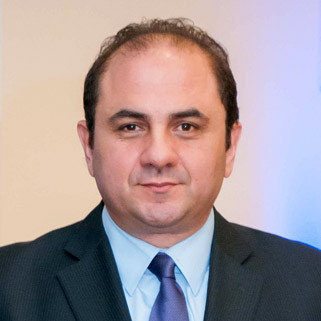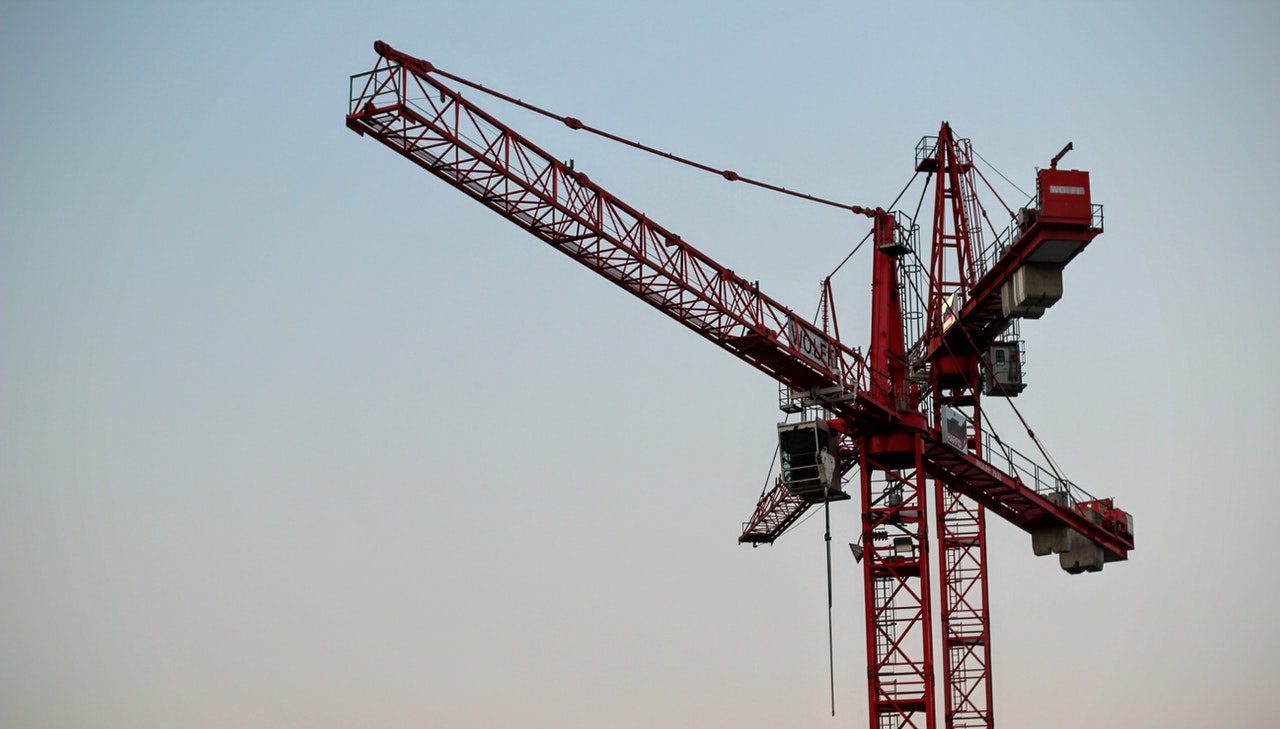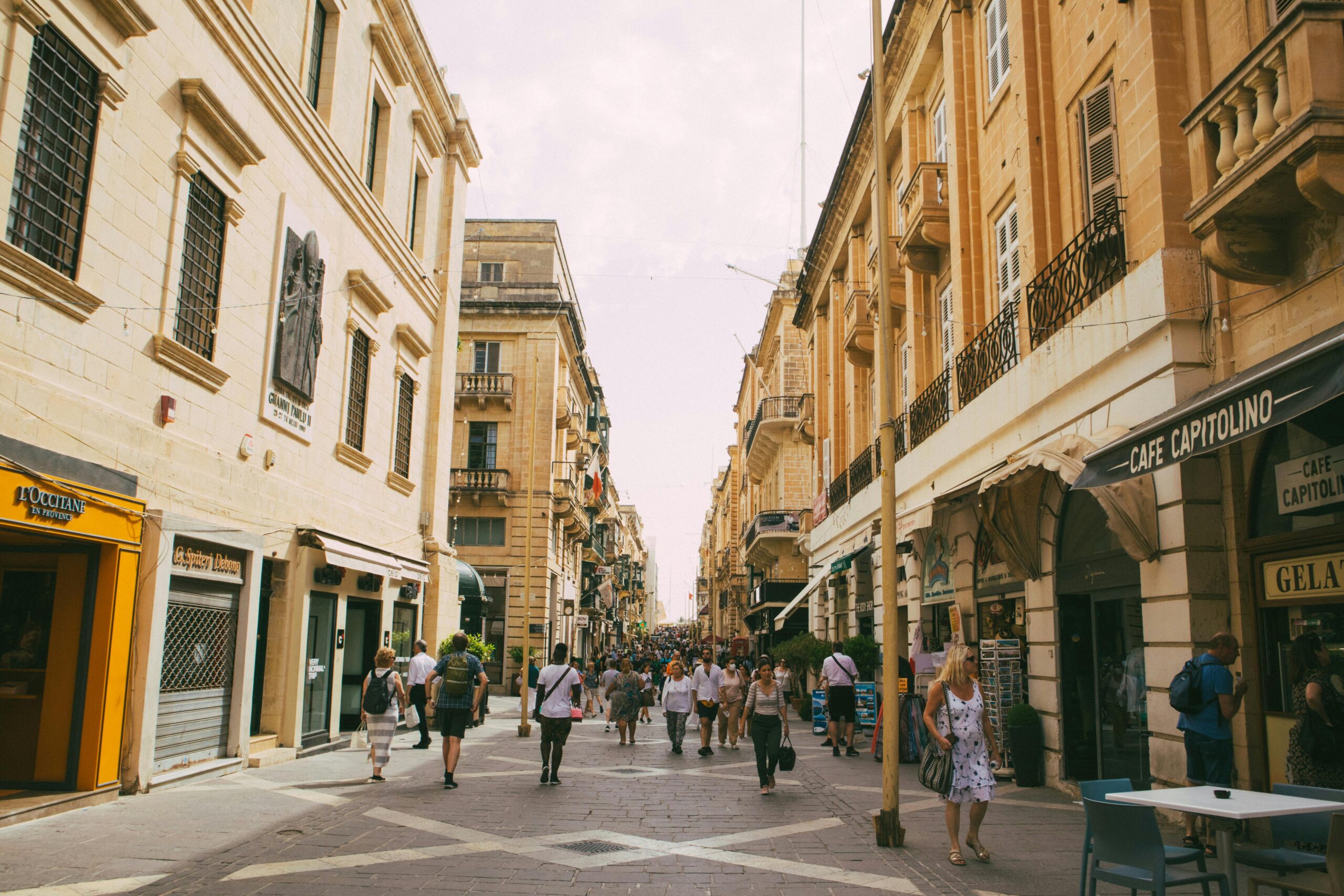With the cost of Malta’s efforts to limit emissions from its property sector set to cost the country around €1.7 billion over the next 15 years, attention is turning to the precise mechanisms required to ease the flow of idle finance towards this national project.
During a business breakfast hosted by BOV on Tuesday, leading figures from Malta’s financial, real estate and Government sectors discussed the state of the industry today, where it needs to go, and how it could get there.
Minister for Public Works and Planning Stefan Zrinzo Azzopardi, taking the stage after economist and BOV chairman Gordon Cordina laid out a financial roadmap for the required transition, began his speech by making it clear to all those present that “this way forward can no longer be postponed”.
“We must upgrade the level of energy efficiency in our buildings. The time to act is now.”
Admitting that this is a significant change – not just for the Government but for all stakeholders in the Maltese economy, the Minister said it is time “to call a spade a spade”.

“The technology adopted in the construction of property is traditional, and in many cases leaves much to be desired,” he said. “This is the change we need to see. Yes, some developers do go above and beyond the general standard – but what is currently considered special must now become the norm.”
He said that despite coming at a “definitely significant cost”, the quality aspect “leaves much to be desired”.
Banks, he said, have a “crucial role to play”, since they finance the absolute majority of property purchases.
He lamented the fact that Maltese consumers are “hardly aware” of the conditions they should be asking for: “For a small investment, like an appliance, consumers ask a number of questions about the energy efficiency of the appliance. When it comes to buying a home, they do not ask the same questions – despite it being one of life biggest commitments.”
Laying out one concrete action the Government will be taking in this area, Minister Zrinzo Azzopardi said that the energy performance certificate (EPC), which is mandatory when buying or selling property, will take on a more important role in the future.
However, he declined to specify how exactly this will happen.
Steve Ellul, a financial consultant recently appointed CEO of Project Green, a new Government agency tasked with implementing a €700 million investment in green open spaces around the country, said, “We really need to ensure that in the next three decades we have a more sustainable economy to operate in, and a better country to run.”
He pointed out that three quarters of all Malta’s emissions come from construction and buildings, transport, and energy.

On how to stimulate demand for sustainable property development, he floated the idea of more targeted incentives instead of generic ones for real estate, referring to the scheme incentivising the purchase of properties in Urban Conservation Areas (UCAs) as positive step that can be replicated.
Mr Ellul said similar measures could be adopted for the construction industry, such as, for example, by extending wage support or national insurance exemptions for developers incorporating sustainability in their projects.
He agreed that large companies, especially those listed on the Malta Stock Exchange, are likely to be at the forefront of the trend, making reference to a landmark in sustainable development close to BOV’s Santa Venera headquarters.
Although Mr Ellul did not mention the company by name, this is ostensibly a reference to Farsons’ redevelopment of its old brewery into green office space.
“These companies will need to show investors that they are taking their ESG requirements seriously,” he said.
Such companies, then, do not need to wait for further Government intervention, but for an economy largely made up of small and medium-sized firms, additional assistance would be needed.
“There are €25 billion lying idle in Maltese banks,” said Mr Ellul. “Let’s get that money out of there and invested in Maltese companies going for a green transition.”
He pointed out that between 60 to 70 per cent of investments in the Maltese stock exchange are related to the real estate and construction industry.
“What if we managed to unlock that money?” he asked, noting that doing so would reduce the burden on banks in providing finance for national project.
“Ultimately,” he concluded, “what we need is the right financial plumbing to divert money towards green construction.”
BOV CEO Kenneth Farrugia said the task ahead of Malta will be “a test of our agility, of the country’s ability to mobilise all the different operators to achieve its goals.”

Such operators do not only include developers and contracts, nor just their financiers like banks. “They also include engineers, architects – and crucially – the national Government.”
He agreed with Mr Ellul that Malta’s economic make-up involving a large number of small operators does not make it easy to devise effective policy, but insisted that flexible, workable solutions are essential for the country’s future success.

“Small and medium-sized operators might need more handholding, more assistance, more incentives,” said Mr Farrugia, who also gave a keynote speech where he delved deeper into the potential benefits of the transition. “But it is now up to us to develop innovative financial solutions to incentivise buyers, developers and contractors.”
The local real estate industry, said Chris Meilak, EY Malta senior manager of economic advisory, “is very responsive to demand – but the demand for greener or more energy efficient buildings “just isn’t there”.
Just as importantly, consumer demand is not likely to shift without major incentives, with demand for greener buildings expecting to be limited to those large companies with reporting obligations.
“Those companies will start asking for certain standards,” he said. “Energy efficiency is key, so they will price it in.”

Michael Stivala, president of the Malta Developers Association, added that although €1.7 billion over 15 years looks like – and is – a big number, it should be kept in mind that the Government is expected to spend around €1.1 billion in two years just to keep energy bills stable.
“If this investment in our property sector we are currently talking about was made a few years ago, these subsidies now being provided for energy could have been much lower,” he said.
The risk, he continued, is in overregulating to the point of stifling business, although he admitted that if progress continues at the current pace, “we will not be reaching Malta’s goals.”
“If we keep the status quo, we will not succeed – for sure,” he said.
Malta International Airport closes in on one million passengers in June
Meanwhile, aircraft traffic movement rose by 4.5 per cent year on year
Malta’s population hits 574,250 in 2024, up by 1.9%
Total net migration was at 10,614 persons, the vast majority being non-EU citizens
Service excellence as a cornerstone of Avenue 77 workspace experience
Providing excellent service is a foundational aspect of what makes working at Avenue 77 a great experience






